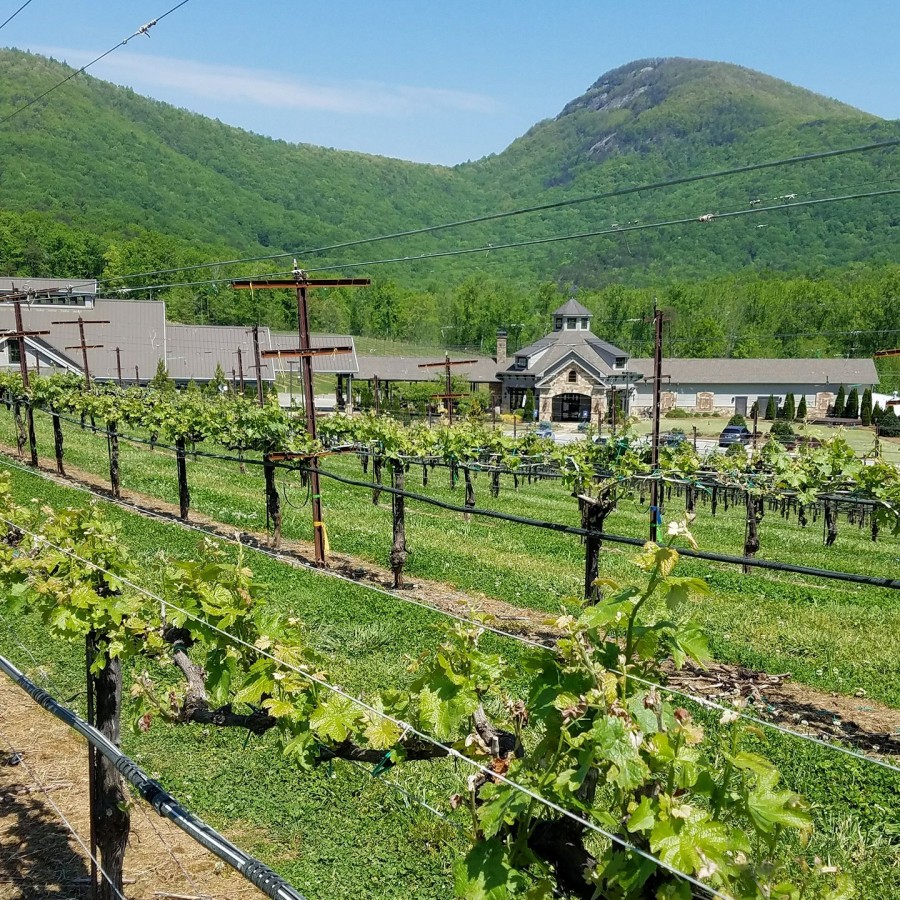Yonah Mountain Vineyards in Cleveland was selected by the Georgia Water Coalition as one of Georgia’s “Clean 13” organizations for its commitment to environmental protection.
The annual Clean 13 report recognizes local businesses, industries, governments and individuals for their efforts to protect the water and natural resources of Georgia. Yonah Mountain Vineyards was chosen for its use of clean energy through solar panels.
In 2019, Yonah Mountain Vineyards installed a 360-panel solar array that meets half of the business’ electricity needs and helps power their Tesla Destination Charging station, which is the largest of its kind in North Georgia. The project cost $238,000 but is expected to pay for itself within eight years through utility bill savings. Owner and General Manager Eric Miller said it wasn't a difficult decision to put in the solar panels, or the chargers.
"To us, it's just clear as day," Miller said. "If there's a chance we could save the planet and make an investment in our own business as well as the planet, it's a no brainer."
Yonah Mountain Vineyards was also recognized for other sustainability efforts. The winery utilizes energy-efficient lighting in its facilities and sponsors a bottle recycling program and conservation easement to preserve the property. In addition, Yonah Mountain Vineyards partners with the Georgia Beekeeping Association to maintain a bee farm on site. Miller said they began with six hives and are now up to 27 hives, and are bottling their own honey.
The other organizations and individuals recognized in the Clean 13 report include: Southwings, Parsley’s Catering, Emory University, Live Thrive Atlanta, Chattahoochee Riverlands, Fall-Line Alliance for Clean Energy, YKK-AP, Sen. Freddie Powell Sims, Georgia Farmers, Sen. William Ligon, Okefenokee Swamp Park and the Golden Triangle Resource Conservation and Development Council.
In addition to the Clean 13, the Georgia Water Coalition reports the “Dirty Dozen” annually. This list features organizations that pose the greatest threat to clean water in Georgia through pollution and harmful policies. The 2020 Dirty Dozen report has not yet been released.









